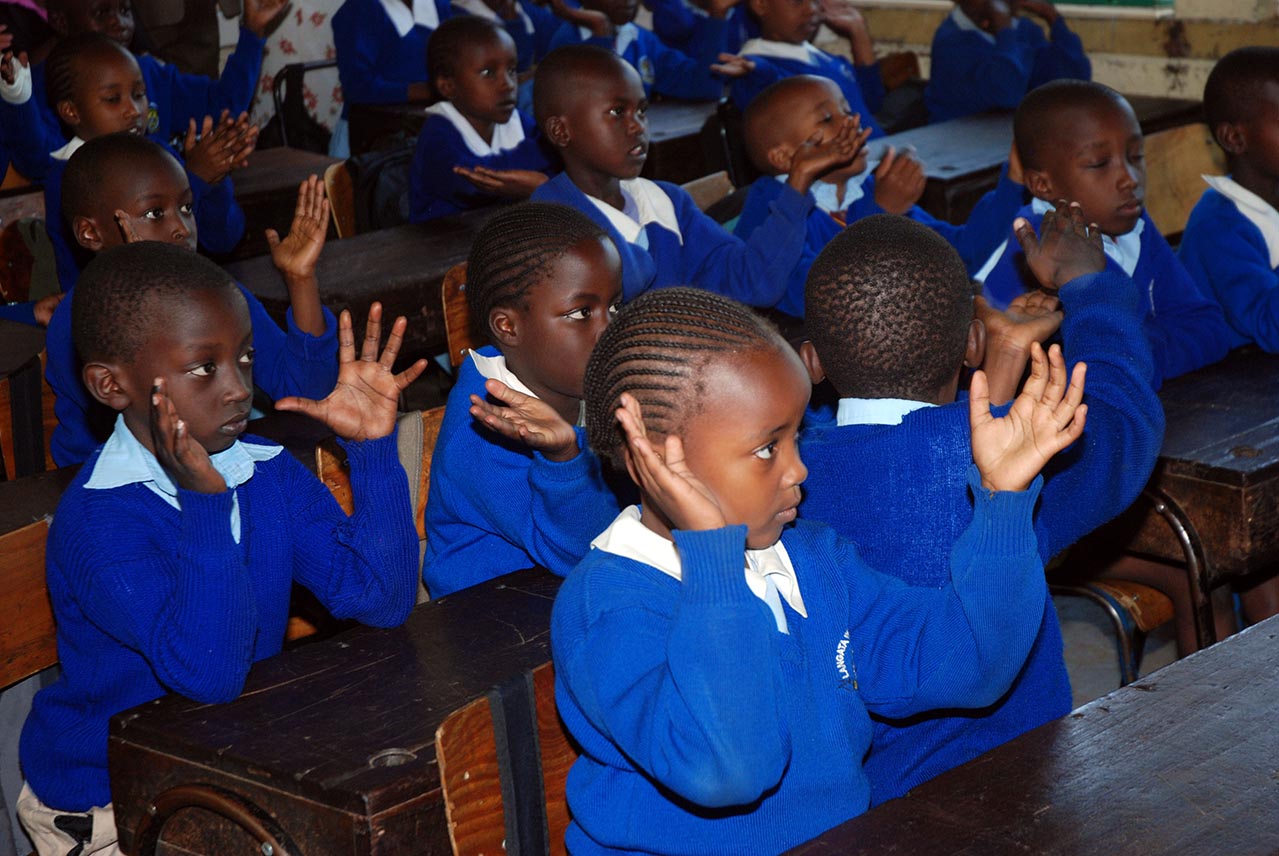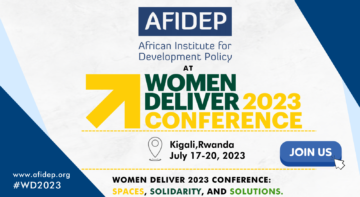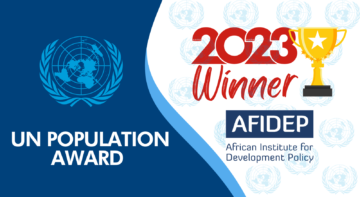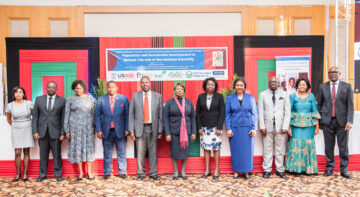Blogs

The review process of the education system in Kenya started in earnest as recently announced by Education Cabinet Secretary, Fred Matiang’i. While we recognise the critical need to reform the education system, we have to think of potential practical interventions and processes that African countries like Kenya should undertake.
A key aim is take advantage of the “youth bulge’ to foster valuable human capital for enhanced socioeconomic development of the country. It is anticipated that the new curriculum will incorporate critical thinking and development of learners’ potential in and outside class and diminish the place of examinations as a mark of achievement in schools.
The new curriculum should develop the potential in every child and reduce wastage of resources if part of the focus is on transferrable skills including non-cognitive skills that can be applied across different work areas and situations including critical thinking, problem solving, leadership, character skills, creative thinking, entrepreneurship and communication.
While the bulk of existing training programmes on transferable skills occur outside of school, growing recognition of the importance of these skills for life and work has led to efforts around the world to incorporate them within the curricula of formal secondary education systems. Such efforts are part of a broader movement to modernise and expand access to secondary education in developing countries.
Several factors have been attributed to this observed trend. For example, vastly expanded primary enrollments, driven in part by the push towards universal primary education and attainment of Millennium Development Goal 2, has created a much wider pipeline of students entering secondary education.
However, until recently, secondary schools in most developing countries have pursued an academically-oriented curriculum, aimed at preparing a small, elite group of students to join university. This model is not currently suited for preparing large numbers of youth for employability in a globally interconnected world.
Employment for youth, especially for girls and young women, is a major challenge, and there is a mismatch between the skills that are demanded by employers and those that are being taught in school. Accordingly, it would be important to vest more efforts to reform secondary education curricula, by incorporating transferable skills and other skills that the labour market demands.
Across the globe there are numerous projects whose focus has been the teaching of transferrable skills to youth in developing countries, most of them outside of the formal school system. Most of these are offered primarily by non-governmental organisations.
Research evidence is accumulating on the importance of transferrable skills on life and work and how these can impact school systems in developing countries. Some of these countries are investing in training to bring transferrable skills directly into school curriculums at lower and upper primary level.
Some of the interventions have incorporated work readiness and entrepreneurship curriculum, technical skills training, on-the-job experience and mentoring and support training programmes delivered to out-of-school youth, leading to phenomenal increase in youth employment in their respective countries.
Some of the approaches have learner-centres approach, using hands-on and problem solving techniques to teach transferrable skills such as time management, communication, planning, work appropriate behaviour and attitudes, and independent work, financial literacy, entrepreneurship, work place health and safety, workplace rights and responsibilities and customer orientation and satisfaction.
The Kenya education system should greatly benefit from such as shift in policy. Some of the areas to explore in the revised curriculum should include soft skills such as entrepreneurship and leadership training, mentoring and experiences in starting a business.
It is anticipated that in this model, the national examination would evaluate employability skills such as what students actually do in business clubs as well as their experiences in assessing markets “ changes that will likely have increased incentives for students to exercise their acquired skills while in secondary school.
View the same story as published on the Business Daily on 14th March 2016.
Prof. Ouma is the Director, Research and Knowledge Translation at the African Institute for Development Policy. collins.ouma@afidep.org.
This article was originally posted on the Daily Nation on 25th February 2016.
Related Posts





